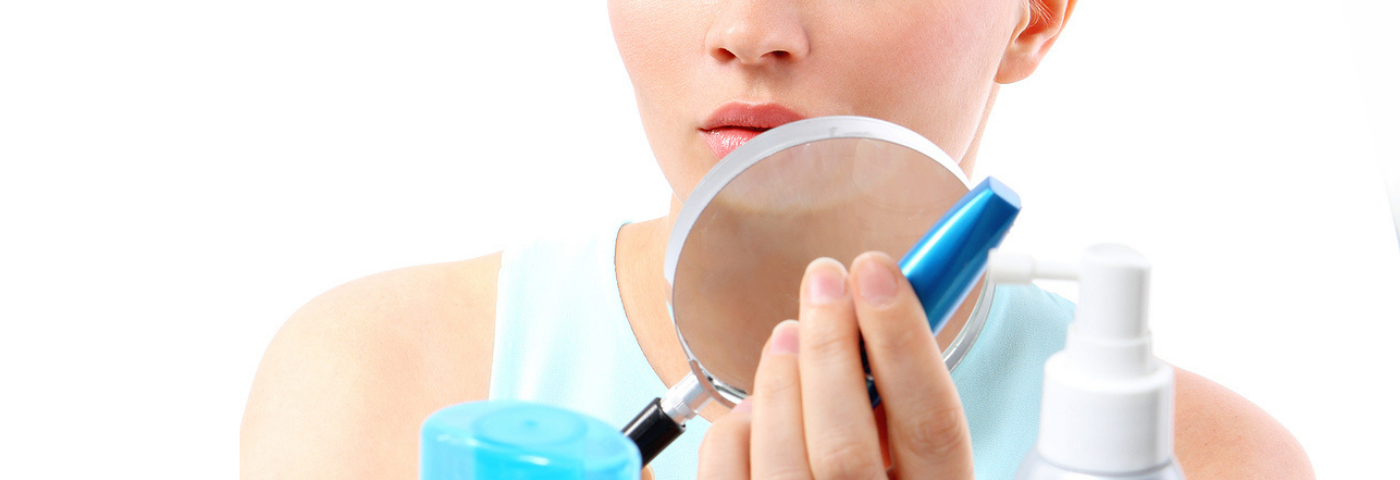Exclusive article for in-cosmetics Connect
By Silvia Lourenço
In Brazil, there is no specific regulation that defines the criteria for natural or organic cosmetics, for that reason, every company which desires to regularise their products are subject to the same requirements as conventional cosmetics. The Brazilian Health Regulatory Agency (Anvisa in Brazilian Portuguese) is the body that regulates the manufacturing of cosmetics in the country and defines guidelines and technical requirements for the making of these products.
According to the Brazilian Association of the Cosmetic, Toiletry and Perfumery Industry (ABIHPEC in Brazilian Portuguese), since 2011 they have been hosting discussions on organic ingredients and cosmetics that take place within the Brazilian Association of Technical Standards (ABNT), through the study commission ABNT/CE-57:003.04. As from these discussions, the ABIHPEC internalised the ISO 16128, which sets important concepts that can be applied to the sector’s products. They are as follow:
– Natural and natural derivative;
– Mineral and mineral derivative;
– Organic and organic derivative.
This ISO is divided into two parts. The first part was published in 2016 and presents a definition guideline for organic and natural cosmetic products and ingredients. The second part, however, deals with the criteria which need to be met so that the ingredients and cosmetics are classified according to the definitions described in part one.
According to the ABIHPEC, that text was produced to align the language used amongst different countries. Before ISO 16128, there were no exclusive criteria to define natural or organic ingredients, nor to determine the natural index of a cosmetic product thus leading into a lot of confusion as there are several conflicting certification standards.
Even amidst searching for advancement, it is undeniable that the natural and organic sector has been constantly growing in Brazil and the World. Recent research by Euromonitor International, “Beauty and Personal Care Voice of the Industry”, forecasts that in the next 5 years there will be 3 main world trends in the beauty sector: digital engagement, appreciation of products with organic and natural properties, and ethical positioning. The research also highlights the role of inspiration in independent brands and the appreciation of new ingredients and formulations.
To the chemical engineer Renata Franco, cofounder of the training platform Cosmetologia do Bem, in the absence of specific laws for the regulation of natural and organic cosmetics in Brazil, several companies resort to national and international certifying bodies to give their products a certification that proves the properties of their cosmetics: “When a consumer sees a certification stamp, they understand that product is certified by a certifying body and,
depending on the trust they hold on that institution, they are certain that that cosmetic has been approved by the certifier’s guidelines and requirements to be considered organic”, explains the specialist.
To Renata, one of the most important things in the manufacturing of organic and natural cosmetics journey is to be transparent with the consumer and give them the power of choice. She warns about companies that use greenwashing, making false advertising, relating the product to the natural world by using green colour on their
labels, or claiming that their product is organic when, in fact, it keeps the traditional formula, which makes the consumer confused.
In this advance in legislation movement, that benefits the consumer of cosmetics, there is a recent resolution published by Anvisa that forces manufacturers to make the composition of formulas available in Portuguese on the labels of personal hygiene, perfumery and cosmetics products. The measure will be in place as from the 5th of November in 2021 and it will cover all cosmetics, not just green ones.
“I like to point out that information is the first step for transformation. We play a very important role in that because our mission is to bring more and more information to people. The more knowledge, the less susceptible to deviation, misleading labels, marketing, so on and so forth, the consumer is. I think it’s a win-win situation when we have consumers who are increasingly aware, wise and informed”, wraps Renata.

